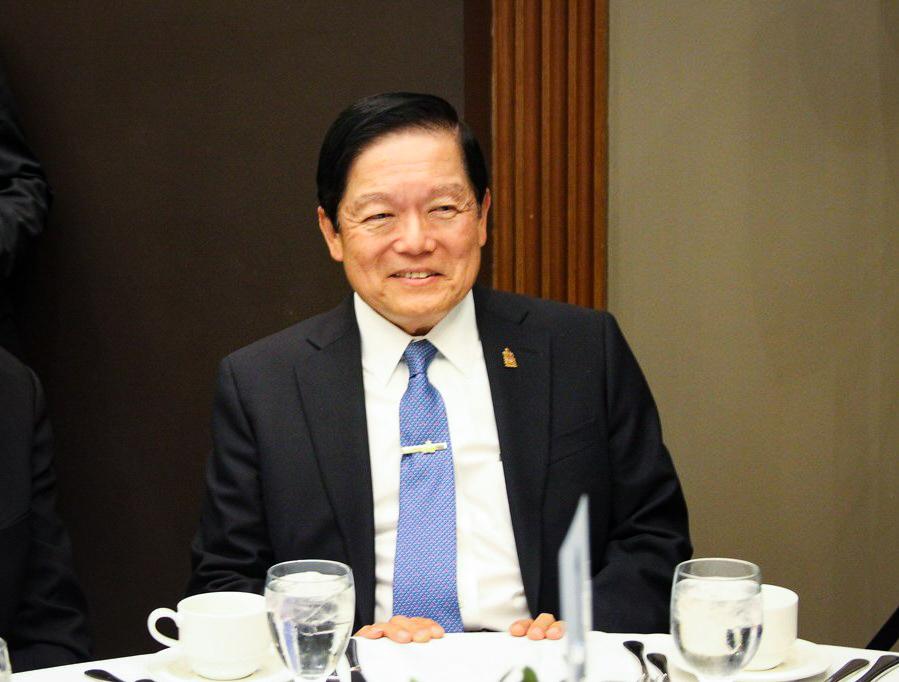Two Canadian senators are boosting their ties with the Chinese communist regime through their engagement with a Chinese agency ostensibly dedicated to foreign aid while also promoting China’s Belt and Road Initiative (BRI). Sen. Victor Oh recently met with the head of the agency. Sen. Yuen Pau Woo delivered a speech at an agency “high-level conference” during which he criticized Canada for cozying up to Western allies against China.
Mr. Oh travelled to China in early September, where he met with Luo Zhaohui, chair of the China International Development Cooperation Agency (CIDCA), according to a CIDCA press release featuring Mr. Oh, his wife, and Mr. Luo.





